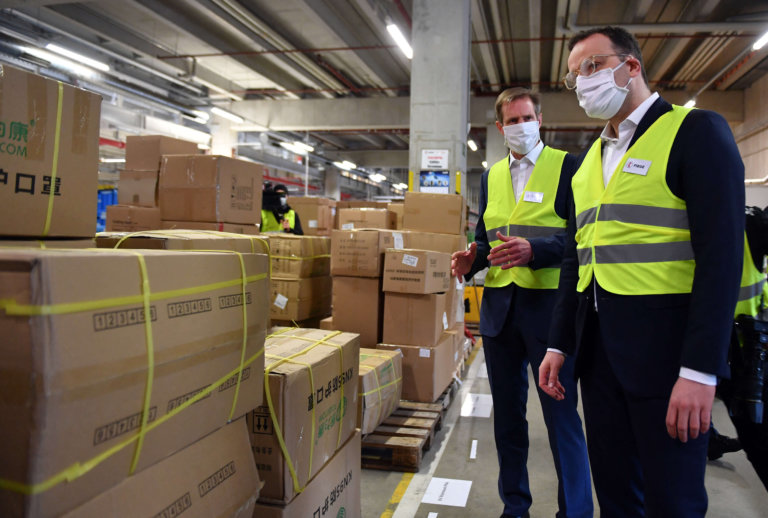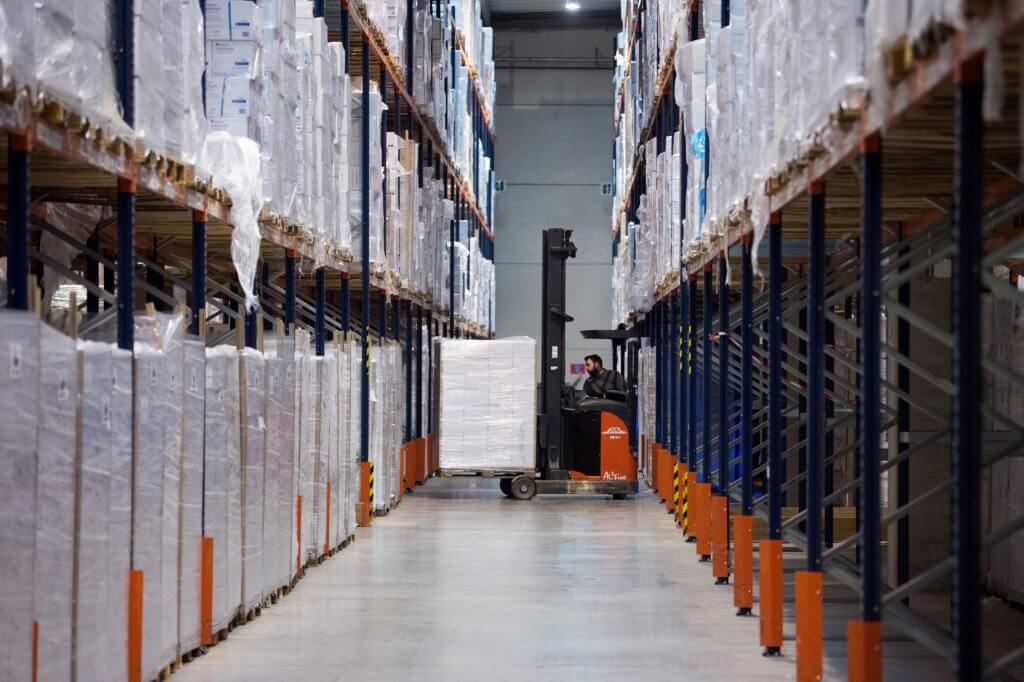
Nobody expected a pandemic to strike last year, wreaking havoc on many businesses and supply networks, as well as causing numerous natural disasters throughout the world. Supply chain trends in 2021 will most likely show a need for change and improved robustness in supply networks, based on what has transpired and what we have learnt over the last year.
As vaccines roll out more broadly, and countries begin to get the coronavirus under control, the focus will shift to recovery and resumption of normal activities. The supply chain will play an important role in this effort, and it will take on a new structure as a result of COVID-19’s enduring impact on many aspects of transportation and warehousing. Companies are re-evaluating their offerings, processes, systems, channels and partners. Supply chains are at the forefront of the effort.
“The importance of logistics and supply chain management has grown significantly,” says Dr. Ki-Soon Hwang, course director of the MSc Logistics and Supply Chain Management degree at Kingston University Business School. “In any industry goods need to be procured, stored and dispatched. Efficient and effective management of all these business functions is critical in the current business world.”

Professionals see the big picture and understand how finances, people, information, processes, product, and technology interact within the business ecosystem. Source: Loic Venance/AFP
What will I study in supply chain management?
Whether your first degree is in a subject unrelated to logistics or you simply want to expand your knowledge in the industry, qualifications of this sort may provide you an advantage when applying for a logistics or supply chain job. Supply chain professionals see the big picture and understand how finances, people, information, processes, product, and technology interact within the business ecosystem.
You will be immersed in the latest technologies and innovations within the supply chain and global logistics industry, including artificial intelligence, block chain technology, big data analytics and automation. You will also explore live issues such as risk mitigation, sustainability and ethics.
What are the entry requirements?
While entry requirements differ according to university, typically satisfactory A Levels,, BTECs (Extended Diplomas), or International Baccalaureate results are required. A university degree in Management, Engineering, Mathematics, Science or related disciplines is required for a master’s programme. Non-graduates with extensive professional experience or other prior qualifications may also be considered.
All applicants must have reached a minimum required standard of English language proficiency and are required to provide evidence of this. Requirements include proficiency at a minimum of IELTS band 6.0 with no component score below 5.5.
What are my career options?
Operations, purchasing, warehousing, distribution, and logistics are just a few of the roles and functional areas covered by supply chain management. As a result, a career in supply chain management can take you down a variety of paths. The demands and diversity of roles can also be influenced by the industry, as each business has its own set of daily tasks for supply chain professionals. You could be managing how H&M’s new line gets from Sweden to Bangladesh or purchasing vaccines from Pfizer.
Common job titles include: Purchasing Agent; Purchasing Manager; Operations Manager; Logistics Analyst; Logistics Manager; Distribution Manager; and Supply Chain Manager.










